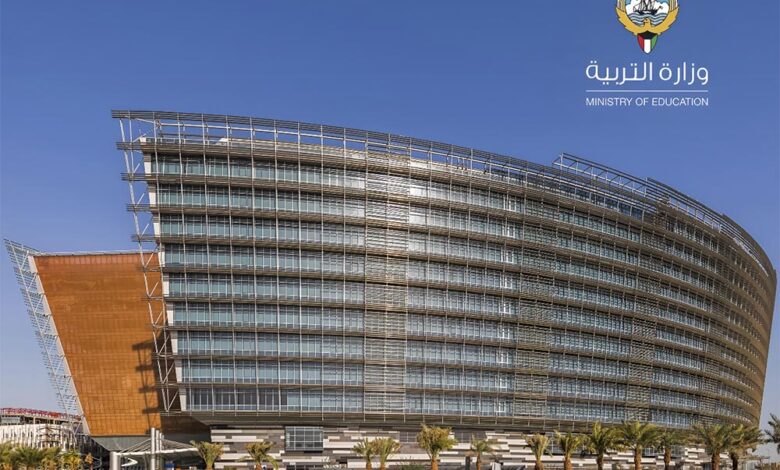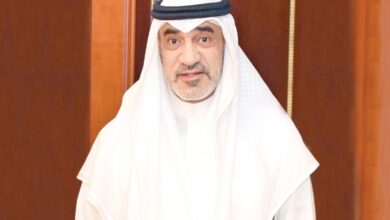MoE forms 11 special teams to prepare for 2025/2026 school year
To ensure transparency and real-time oversight, custom electronic monitoring platform Baligh has been introduced to link all assigned teams to a centralized system, allowing them to document tasks, track progress, report obstacles, and generate performance indicators.

The Ministry of Education has formed 11 special teams to oversee preparations for the upcoming 2025/2026 academic year, in accordance with directives issued by Minister of Education Dr. Sayed Jalal Al-Tabtabaei. The initiative reflects the ministry’s commitment to improving operational efficiency, ensuring a stable school start, and rationalizing public expenditure.
In an official statement, the ministry confirmed the implementation of a comprehensive action plan aimed at enhancing school infrastructure readiness. This includes restructuring field teams responsible for maintenance and equipment across educational facilities, while maximizing the use of both human and financial resources, reports Al-Jarida daily.
As part of the revamped approach, the Ministry has adopted a new operational mechanism. It involves deploying 10 specialized field teams and one central coordinating team, comprising approximately 100 engineers, technicians, and professionals from various departments. These teams will work across nearly 1,000 school and administrative buildings, continuing their tasks for a full three-month period ahead of the academic year.
This new strategy marks a radical departure from past practices. Previously, roughly 2,000 employees were temporarily mobilized just two weeks before school openings, costing the Ministry 1.1 million Kuwaiti dinars annually. Under the new model, costs have dropped dramatically, with the 2025/2026 budget for team bonuses capped at just 74,250 dinars.
To ensure transparency and real-time oversight, Minister Al-Tabtabaei directed the Information Systems Department to launch a custom electronic monitoring platform named “Baligh”. The platform links all assigned teams to a centralized system, allowing them to document tasks, track progress, report obstacles, and generate performance indicators.
The “Baligh” system also features an interactive digital dashboard that enables the Minister to personally monitor field progress, review performance metrics, and follow the execution of each task as listed.
The Ministry confirmed that over 100 employees have been trained on using “Baligh” to ensure accurate data entry and reliable oversight. This promotes integration across departments and supports the delivery of timely responses to school needs.
This year’s plan includes coordinated participation from facilities engineers, the General Services, Warehousing and Supplies Department, and inspection and audit teams. The field teams have already completed the first phase of their operations, surveying around 900 school buildings across all educational districts.
The survey was aimed at identifying infrastructure gaps and developing tailored action plans to address them, with task lists delegated to specific departments based on specialization.
The Ministry reaffirmed its dedication to providing a smooth, efficient, and safe start to the new academic year. It emphasized its goal of delivering quality services to students and supporting school administrations with full readiness.
Minister Al-Tabtabaei also praised the field teams and participating departments for their professional and data-driven work ethic, noting that this comprehensive approach marks a significant improvement over past academic years.












